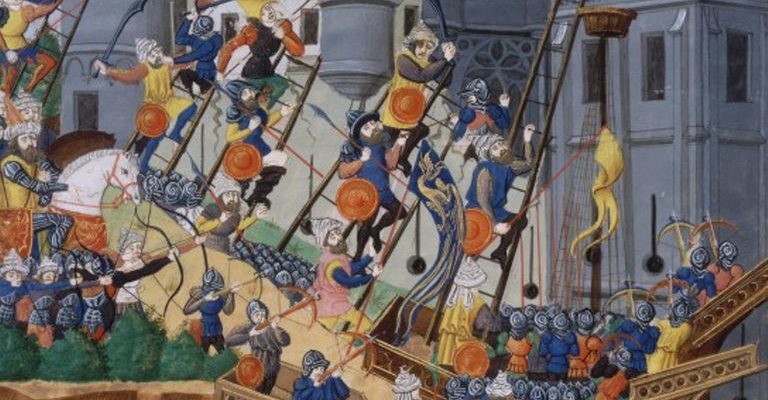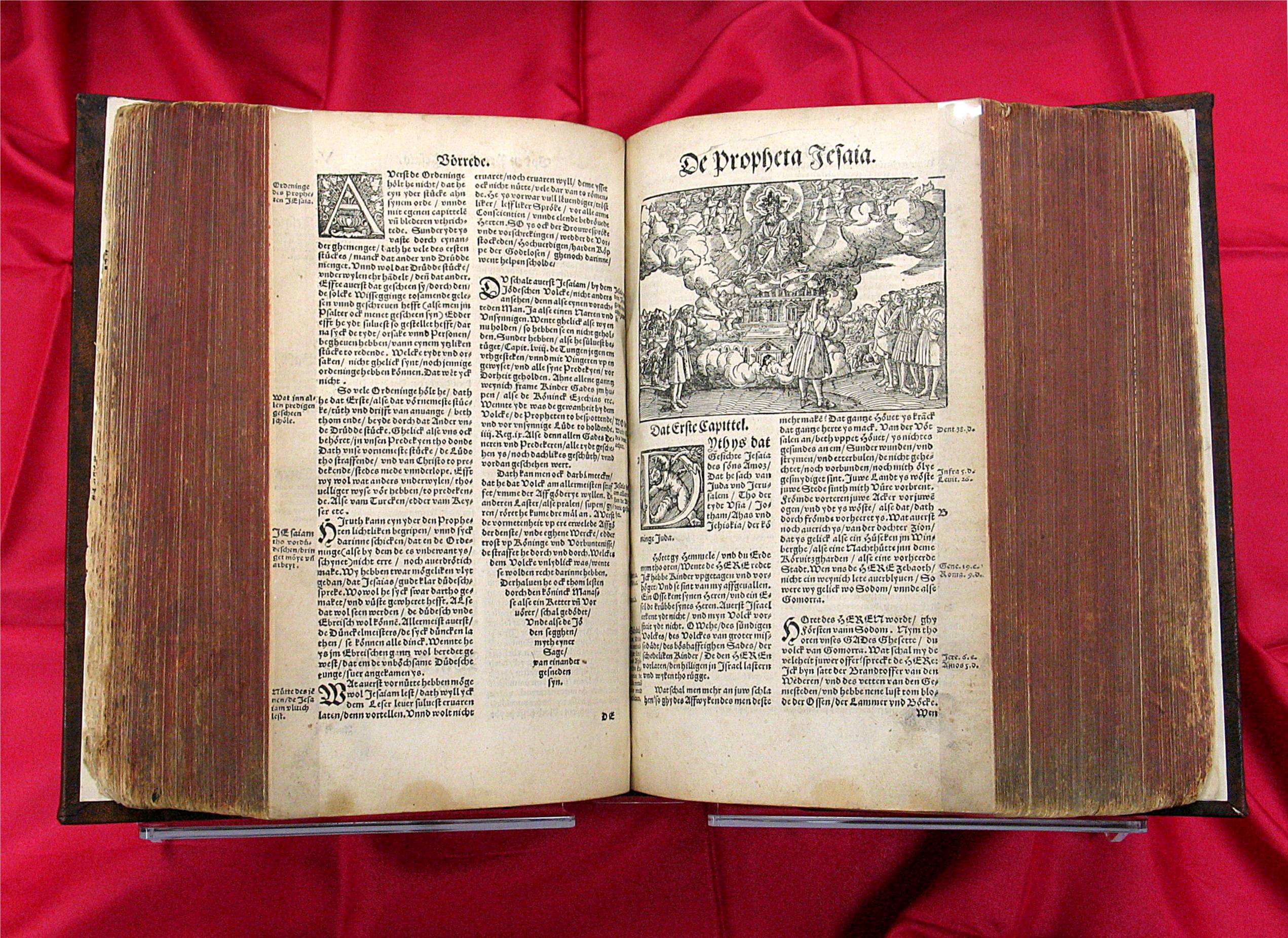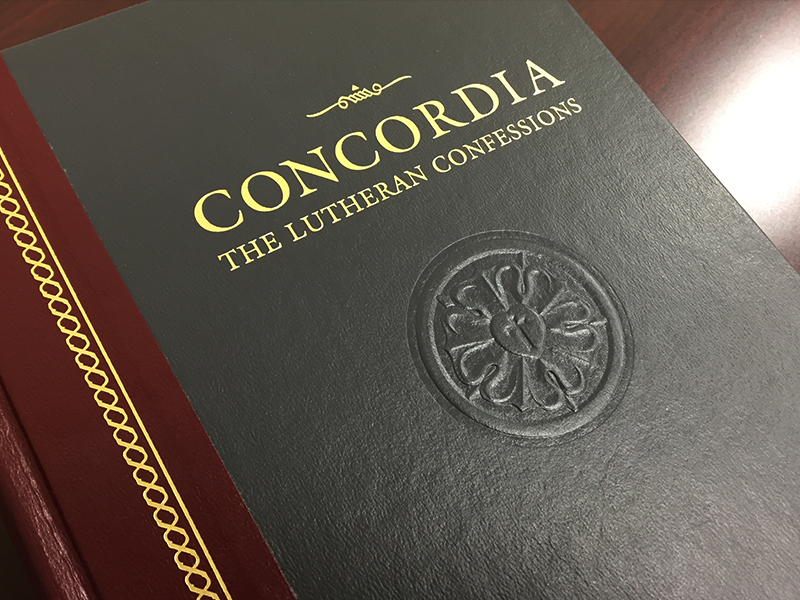Luther published a treatise called On War Against the Turk. In this work, he distinguishes between the two men who should fight against the Turk, “and there ought to be only two: the one is named Christian, the other, Emperor Charles.” When the emperor takes up this task in obedience to God, he also serves his neighbors by providing protection for his subjects and a good conscience for his soldiers.







